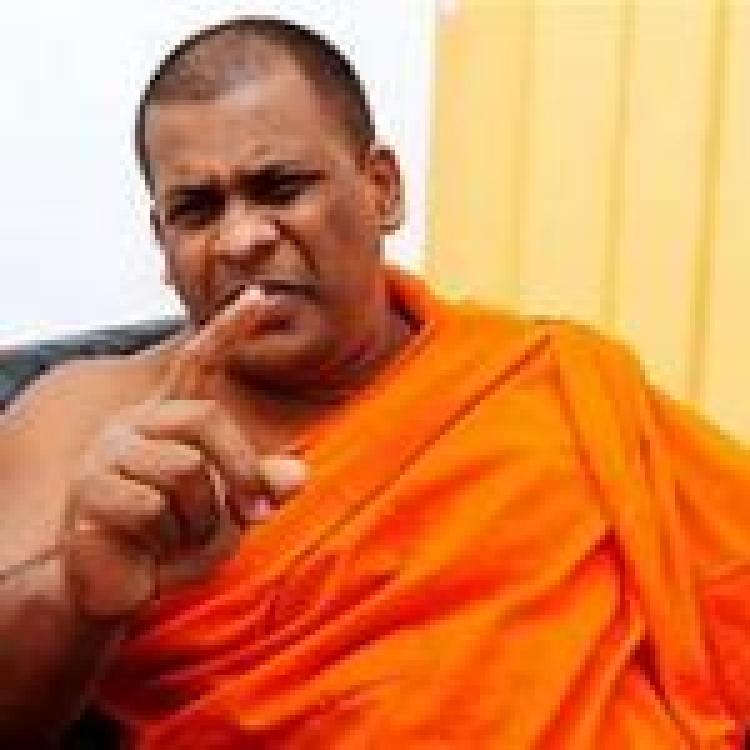![]()
Following international backlash to the forced cremation of Muslim suspected to have died from COVID-19, which is contrary to guidance from the World Health Organisation (WHO), Sri Lanka is considering shipping bodies to the Maldives where they will be buried.
This has been met with fierce criticism as Muslim groups and oppositional politicians continue to plead that their dead have the right to be buried in the land on which they lived. Whilst expressing thanks to the Maldivian government for the offer, NM Ameen, president of Sri Lanka’s National Muslim Council, Ameen maintained that his organisation did not support the arrangement.
Sri Lanka has reported that there have been 124 deaths due to the coronavirus, 50 of which were Muslims and were forcibly cremated. There are further reports of Muslim who tested negatively for COVID-19 but were denied their burial rights. This includes the case of Shaykh, a 20-day old infant who was forcibly cremated against his parents’ wishes.
Tamils stand in solidarity with Muslim
Responding to the continued policy of forced cremations, Tamils and Muslims across the North-East stood together in protesting this policy.
Protests took place in Jaffna, Mullaitivu, Mannar, Kilinochchi, Trincomalee, Vavuniya and Amparai, calling on the Sri Lankan government to respect religious rights.
Speaking in parliament Tamil National People’s Front (TNPF) GG Ponnambalam questioned the government on this policy asking:
“Why is it that his government is acting in this most arbitrary manner in this very sensitive matter?” he asked. “What is it that prevents this government, even at this late hour, from changing its present course and doing the right thing by Sri Lanka’s religious minorities in allowing burials as being practised by over 190 countries in the world?”

.JPG)





